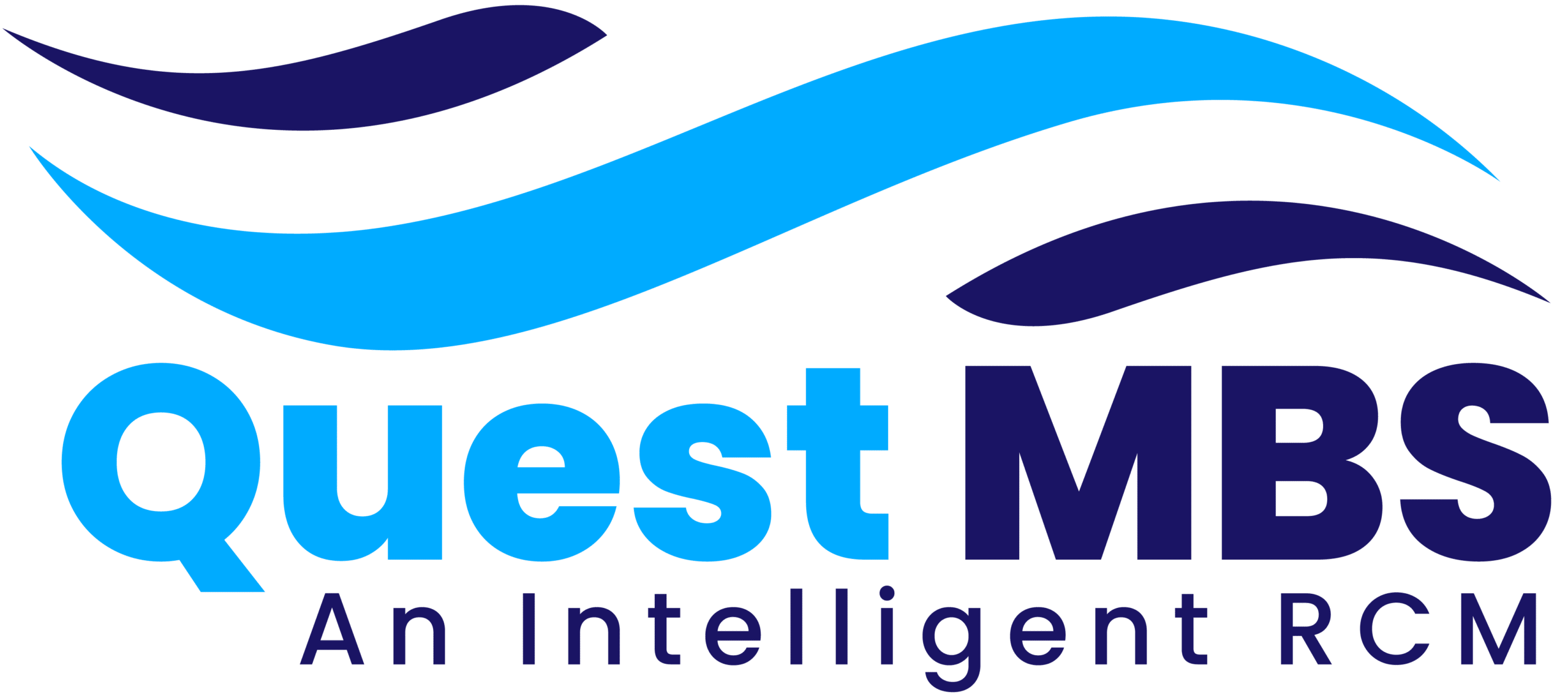Introduction to ICD-10 Coding Outsourcing:
ICD-10 coding plays a critical role in accurate medical billing and healthcare reimbursements. With thousands of codes to navigate and frequent regulatory changes, coding errors can lead to claim denials, delayed payments, or compliance issues. Outsourcing ICD-10 coding has emerged as a strategic solution for healthcare providers aiming to improve efficiency, reduce operational costs, and enhance revenue cycle performance. Leveraging external expertise allows practices and hospitals to focus on patient care while maintaining precise and compliant coding workflows.
Access to Certified and Specialized Coders:
One of the most significant benefits of outsourcing ICD-10 coding is immediate access to certified coders with deep experience across medical specialties. These professionals stay updated on the latest coding updates, payer rules, and documentation requirements. Outsourcing firms often employ coders trained in both inpatient and outpatient coding, ensuring accurate claim submission regardless of service type. This level of specialization reduces the risk of undercoding or overcoding and improves compliance with CMS and private payer standards.
Improved Accuracy and Coding Compliance:
Accurate coding is essential for clean claims and optimal reimbursements. Outsourced teams use advanced tools and internal audits to ensure every code aligns with documentation and payer expectations. These firms often implement automated coding tools that assist in checking compliance with coding standards and local coverage determinations. Regular internal quality checks ensure that coding remains compliant, significantly reducing the chances of audits, fines, or revenue leakage. High coding accuracy leads to faster payment processing and fewer denials.
Enhanced Claim Submission Speed:
Outsourcing ICD-10 coding reduces turnaround times for coding and billing cycles. External teams typically operate 24/7, which shortens the window between patient discharge or service delivery and claim submission. With fewer delays in coding and billing, practices experience better cash flow and reduced days in accounts receivable. Rapid submission of clean claims contributes to quicker reimbursements, which is especially vital for high-volume clinics and hospitals.
Scalability and Flexibility:
As healthcare organizations grow or experience fluctuating patient volumes, their internal billing departments may struggle to keep up. Outsourcing offers scalable solutions that adjust with demand. During peak seasons or sudden growth, external coding partners can provide additional resources without the provider needing to hire, train, or onboard new staff. This flexibility ensures continuous coding operations regardless of internal workforce constraints, reducing the risk of backlogs and claim delays.
Cost Savings and Reduced Overhead:
Maintaining an in-house team of certified coders involves expenses such as salaries, benefits, training, software licenses, and office space. Outsourcing eliminates many of these costs. Instead of fixed staffing expenses, providers can pay for coding services based on volume or usage. This cost-effective model improves financial predictability and frees up capital for investment in clinical technology or patient engagement initiatives. The reduction in administrative workload also allows internal staff to focus on high-value activities.
Technology Integration and Automation:
Many outsourced ICD-10 coding providers use advanced billing platforms that integrate with EHR systems and practice management tools. These platforms support automated code suggestions, real-time documentation checks, and built-in compliance auditing. Seamless integration minimizes data entry errors and accelerates coding processes. Access to analytics dashboards helps providers monitor key performance indicators like coding accuracy, denial rates, and coding turnaround time, enabling continuous improvement across the revenue cycle.
Denial Management and Revenue Optimization:
Incorrect ICD-10 coding is a major contributor to claim denials. Outsourcing firms often include denial management services as part of their coding packages. Their teams analyze rejection patterns, identify root causes, and implement proactive solutions to prevent repeat issues. With access to predictive denial analytics and payer-specific coding guidelines, outsourced coders can fine-tune the coding process to maximize approval rates and reimbursements. A strong focus on revenue optimization ensures that providers are accurately compensated for all services rendered.
Support for Multispecialty and Complex Cases:
Certain specialties such as neurosurgery, oncology, and cardiology require highly specialized coding knowledge. Outsourced teams typically include experts across various fields who are well-versed in the nuances of coding complex procedures and diagnoses. Their familiarity with specialized terminologies and treatment protocols reduces the risk of coding mismatches and documentation discrepancies. Providers can rely on their expertise to handle even the most intricate coding scenarios with accuracy and efficiency.
Audit Preparedness and Risk Mitigation:
With increasing regulatory scrutiny, being prepared for coding audits is essential. Outsourced partners often conduct regular internal audits to verify coding accuracy and compliance. Detailed documentation reviews and audit trails help demonstrate coding integrity in case of payer inquiries or government audits. By identifying and correcting errors proactively, these firms help providers reduce their exposure to financial penalties or reputational damage.
Focus on Core Clinical Operations:
By outsourcing ICD-10 coding, healthcare organizations can refocus their attention on core clinical and operational priorities. Clinical staff are relieved from administrative coding burdens, allowing them to spend more time on patient care and outcomes. Management can concentrate on growth, compliance, and strategic planning instead of managing day-to-day coding logistics. This shift enhances organizational efficiency and patient satisfaction while still maintaining a strong revenue stream.
Faster Implementation of Regulatory Changes:
Healthcare coding guidelines are constantly evolving, especially when it comes to ICD-10 updates and payer-specific requirements. Outsourcing partners have dedicated teams to monitor regulatory changes and immediately implement them into coding operations. Whether it’s annual ICD-10 updates or emergency policy shifts during public health crises, outsourced teams can quickly adapt without disrupting internal workflows. This agility ensures that coding stays current and compliant without requiring in-house retraining or technology upgrades.
Global Access to Skilled Labor:
Outsourcing also provides access to a global pool of talent. Many firms offer offshore coding services supported by U.S.-trained and certified professionals. These teams deliver high-quality services at a lower cost, offering an ideal combination of affordability and expertise. International coding teams are often trained to align with U.S. healthcare standards, making them reliable partners for coding support across time zones and regions.







